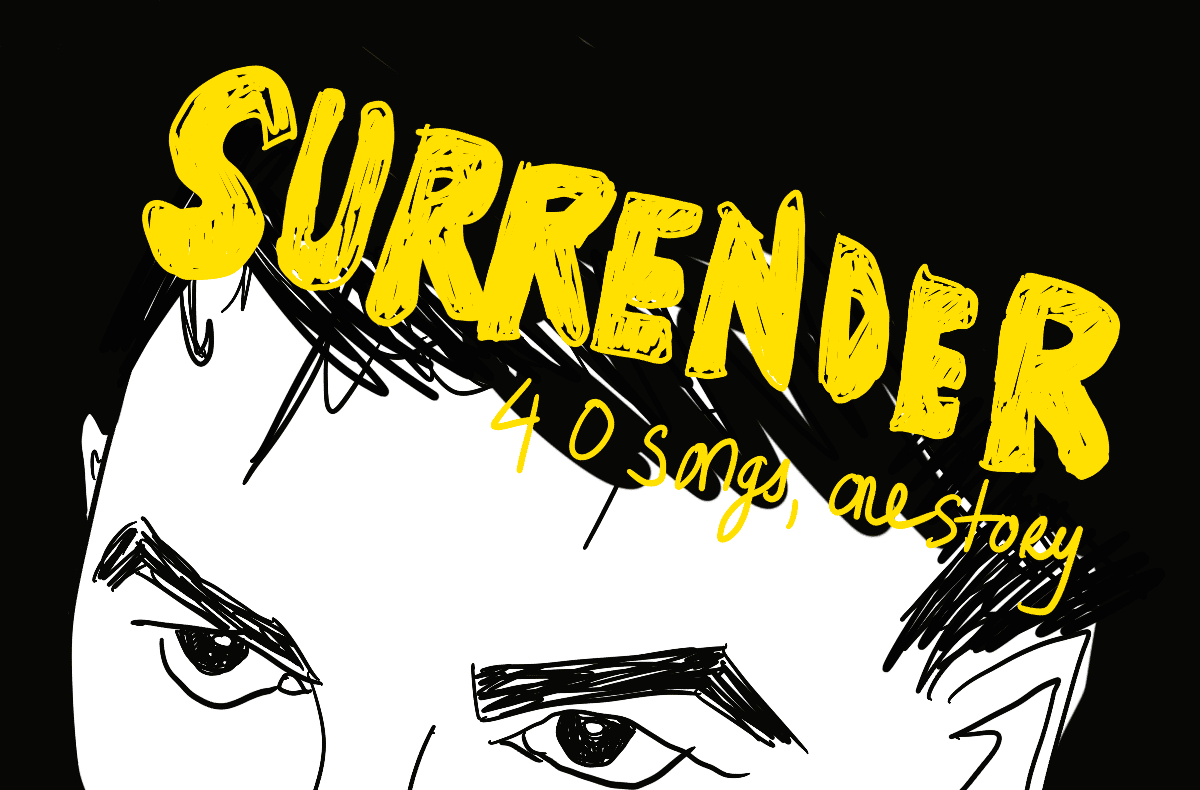
It’s an odd experience, when you realise that something you thought was just brewing up inside you turns out to be a growing movement. Such it is with effective altruism (EA), which made the cover of Time magazine the other week, promoting its co-founder William MacAskill’s new book, What We Owe The Future.
I’ve been angsting about what we owe the future for years now. One of my recent columns on this site drew inspiration from the galactic discoveries of the James Webb Space Telescope. Shouldn’t we try not to exterminate ourselves, so that we can explore this vast cosmos in the long-term? Could that aspiration motivate us to be globally just and fair, right now?
Turns out that the EA’s have been on this theme for years. Their idea of what’s “effective” do-gooding—how can philanthropy provably help the most people?—initially appealed to “smart” young professionals in finance and tech. They devoted a solid percentage of their income to charity (not less than 10%), but were analytical and evidence-based about where those resources went.
But in recent years, EA’s perspective took a turn to the future—and the universe. As good utilitarians, we want our skills and resources to “maximise the wellbeing” of all humans. Then why do we exclude the many trillions of beings (80 trillion, they calculate) to come after us?
If we included those future folks in our current caring activities, we would take our pressing “existential risks”—nuclear weapons, failing climate, runaway AI—much more seriously than we do. Imagine we extinguished all that possibility because of poor policy, cry the “longtermists” of EA. What a superwaste!
So maybe no surprise that the Muskmeister, and other Silicon Valley and crypto dudes, are citing MacAskill’s book approvingly (and funding his Centre). Should that damn them? I’ll be honest: I find it difficult to oppose any kind of movement which links the urgency of our survival with an optimism about our future potential. We are so often trapped in short-termism—our trend-watching, our quarterly returns, our electoral cycles—that getting asked to be a “good ancestor” to future generations feels refreshing.
MacAskill has some good lines. Instead of wringing our hands and imagining ourselves at “the end of history,” what if we were at “the beginning of history”? What if we harnessed our capacities for making transforming technology, made a better and fairer world out of them, and then steadily pursued our cosmic destiny?
Of course, I have that famous Star Trek: The Next Generation clip in mind. The one where Jean-Luc Picard gently sneers at Ralph Offenhouse, the money-obsessed 21st century financier who’s re-emerged from his cryo chamber into the 24th.
“People are no longer obsessed with the accumulation of things”, cautions Picard, “material needs no longer exist.” The financier replies, “So what’s the challenge?” You must “improve yourself, enrich yourself. Enjoy,” says Picard.
This is human, all too human—and I would say, eminently desirable. What freaks people out about some long termist voices in the EA is their wild and crazy transhumanism (and some would hold, inhumanism). For this wing of EA, such future people could as easily be uploaded consciousnesses, living in sumptuous virtual worlds, as well as anything with arms, legs and follicles.
As this short story from leading long termist Nick Bostrom luridly shows, such meta-people could be living currently unimaginable lives of pleasure and fulfilment. Yet they’re asking us to change our current behaviour to serve these cyber-sybarites? It’s not the most alluring call.
We have to watch out for the “effective” bit in Effective Altruism. Calculations of maximum impact won’t always cut it as an ultimate justification for anything. How “effective” can any remedy on this planet be if it doesn’t take into account the emotions of a situation—or the cultures that motivate human action?
You want to be “effective”? Maybe you should tell compelling, progressive and inclusive stories to fragile populations, whose jangled nerves could easily be harnessed by neo-fascists. Skills in community solar-panel installation are all well and good. But these skills have to be desired, before they are acquired (and required).
There are less philosophically-relentless visions of the long term—the science fiction genre of solarpunk might be an example—that consciously build emotional bridges between the present and the future. In these stories, powerful technologies are put in the service of beautiful and balanced lifestyles. This animated advert for New York’s Chobani yoghurt does a fantastic job of inciting utopian desire: it depicts a mother’s letter to her daughter, as she hands over her robotised eco-farm.
But our culture industries, from moving images to gaming platforms, still run on a dystopian default. Perhaps some of the many billions that appear to be earmarked for EA causes could address this imaginative deficit. Could persuasive narrators and world-makers be funded to aim at the hearts as well as the minds of potential good ancestors?
We may need a Creative Altruism to complement an Effective Altruism. Because surely we know, by now, that super-rationalist tech-bros have only a few of the answers required.



